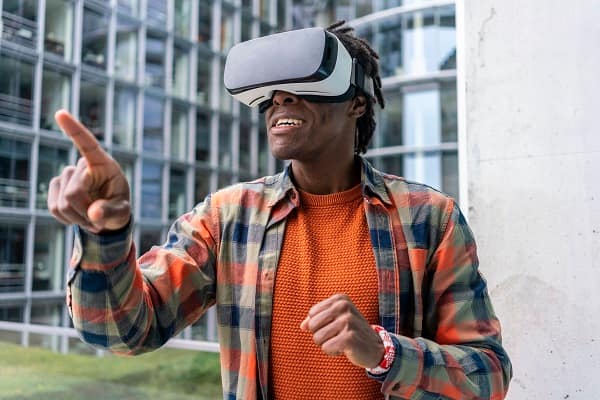Bussiness
Can virtual reality have an impact on healthcare?

Virtual reality has become hugely popular in recent years, largely across gaming. However, it is seeping into other industries as the technology becomes better and more accessible. One industry that could see real improvements from virtual reality is healthcare.
We’re already seeing it start to be used in various circumstances, from places such as a private rehab centre to hospitals up and down the country, and for all manner of reasons too. Whether it be addiction treatment, cancer rehabilitation or anything else, virtual reality can have a real impact. And here’s how it’s being utilised so far…
Enhancing medical training
Firstly, it’s having a huge impact on medical professionals. Or should we say the medical professionals of the future. It’s completely transforming medical education by providing immersive training experiences. It allows the likes of trainee surgeons to virtually practice real-life scenarios in a risk free environment, honing their craft and building confidence for the real thing.
It’s accelerating the progress of students, as well as making them more prepared and better trained for entering the real hospital wards.
Pain management and rehabilitation
Interestingly, VR is a powerful tool when it comes to pain management. That’s because VR can immersde patients in something different, diverting attention away from pain with therapeutic distractions, as well as undertaking exercises that will aid with recovery, whether that be physical or cognitive.
Mental health interventions
Virtual reality will really come into its own in aiding people with mental health problems, particularly things such as phobias, anxiety, and PTSD. By creating immersive environments that allow people to confron their fears in a more controlled setting can really aid with this.
What’s more, it can be useful for other mental health problems such as depression and addiction, creating relaxed settings that can encourage mindfulness and improve stress reduction, both of which are vital for tackling such disorders.
Remote patient monitoring and telemedicine
The rise of telemedicine in recent years and remote practicing has been prominent and virtual reality is going to facilitate that even further. VR applications can not only make for more immersive sessions, but also help professionals monitor patients’ vital signs remotely.
This is not only good for those that need experts in areas where they aren’t available, but over time will ease the stress that is put on healthcare professionals at present.
Virtual reality is going to become more and more of a prominent part of healthcare across all areas in the coming years, and it could really revolutionise how professionals train and patients are treated for the better, with the potential to save more lives than ever before.









